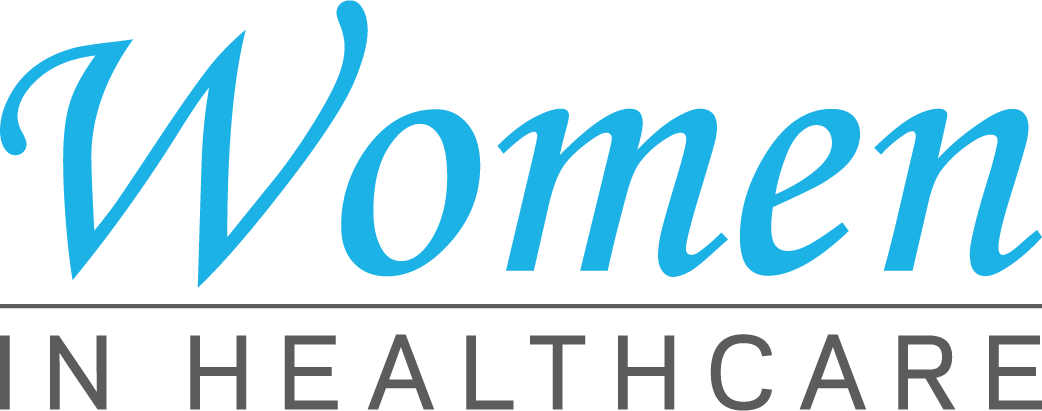Healthcare RCM Providers for Effective Revenue Cycle Administration
Healthcare RCM Providers for Effective Revenue Cycle Administration
Blog Article
Understanding the Function of Health Care RCM in Enhancing Monetary Efficiency and Client Contentment
Browsing the ins and outs of Health care Profits Cycle Management (RCM) is necessary for attaining optimum financial efficiency while at the same time boosting person complete satisfaction. RCM's capability to enhance payment, guarantee exact coding, and expedite cases processing stands as a keystone of modern-day healthcare procedures. However, the nuanced interplay in between these aspects warrants a more detailed assessment to fully value their impact on both health care suppliers and clients. As we check out the transformative potential of RCM, questions regarding its tactical implementation and future advancements beckon, appealing understandings that might redefine sector requirements and client experiences alike.

Secret Components of RCM
In the complicated landscape of medical care, Earnings Cycle Administration (RCM) is pivotal in making sure economic security and operational effectiveness. Individual enrollment and qualification confirmation are fundamental actions, making sure that accurate client information is recorded and insurance policy coverage is validated prior to solutions are rendered.

Cost capture is another essential part, entailing the accurate recording of services supplied to people. It ensures that all billable services are represented, thereby making best use of revenue potential. Simultaneously, clinical coding translates patient experiences into standard codes, which are essential for billing and governing conformity.
Cases entry and management adhere to, including the prep work and submission of insurance claims to payers. This process calls for meticulous attention to detail to decrease errors and stop hold-ups. Rejection management is a positive approach to resolve and resolve denied insurance claims, guarding earnings streams.
Lastly, settlement publishing and individual collections complete the cycle, making sure settlements are accurately taped and exceptional equilibriums are gone after. With each other, these elements create a robust structure that supports the monetary and functional health of health care organizations.
Effect on Financial Performance
Effective Profits Cycle Management (RCM) significantly influences a healthcare company's economic efficiency by enhancing cash flow and minimizing income leak. RCM incorporates the thorough payment and collection procedures that make sure health care companies effectively handle their monetary transactions from individual enrollment to final payment. By simplifying these procedures, companies can minimize refuted insurance claims, expedite settlement cycles, and enhance total financial health.
Monetary performance is enhanced via thorough management of payment procedures, which involves precise coding and timely submission of cases. This decreases the probability of case denials and rejections, which can dramatically hinder income circulation otherwise addressed quickly. Moreover, integrating sophisticated innovation solutions facilitates real-time monitoring of insurance claims and financial metrics, giving healthcare administrators with the devices necessary to make informed calculated choices.

Enhancing Patient Contentment
While optimizing financial performance is a key objective of Revenue Cycle Monitoring (RCM), it additionally plays a critical role in enhancing patient satisfaction. By decreasing management concerns, RCM enables healthcare service providers to focus much more on individual care, which straight enhances person satisfaction.

RCM additionally enhances individual fulfillment with effective communication. By keeping a comprehensive database of person information, RCM assists in enhanced communication in between people and medical care suppliers, guaranteeing clients really feel notified and valued.
Methods for Efficient RCM
Accomplishing effective Profits Cycle Management (RCM) requires healthcare organizations to execute a collection of calculated practices that make certain monetary stability and functional performance. One important technique is the adoption of technology-driven options, such as integrated software application platforms that streamline billing procedures, decrease errors, and boost data precision. These systems allow real-time monitoring of financial metrics, enabling for prompt identification and correction of ineffectiveness.
An additional approach is the standardization of procedures throughout the earnings cycle. Healthcare RCM. This entails creating regular policies for patient enrollment, insurance confirmation, and declares handling. By making sure that all personnel abide by these criteria, companies can lessen discrepancies and quicken payment collections
Staff training and development additionally play an essential duty in effective RCM. Trained workers can effectively navigate intricate billing procedures and regulations, reducing visit this website rejections and enhancing capital. Routine updates on plan changes and best practices help keep a proficient and educated labor force.
Future Trends in RCM
As healthcare organizations boost their Income Cycle Monitoring (RCM) strategies with modern technology and standard procedures, focus is now transforming towards the future patterns shaping this vital area. One substantial trend is the assimilation of artificial knowledge (AI) and artificial intelligence to automate complicated tasks, such as claims refining and predictive analytics. These modern technologies are anticipated to decrease mistakes, accelerate transaction times, and give data-driven understandings for better decision-making.
In addition, the shift towards value-based care proceeds to influence RCM methods - Healthcare RCM. Health care companies are expected to significantly concentrate on person end results and satisfaction, requiring RCM systems that can accommodate new compensation models. This change will certainly require even more detailed data collection and analysis to properly report and measure on efficiency metrics
Interoperability is an additional emerging top priority, as smooth information exchange in between disparate systems ends up being important. Improved interoperability will certainly help with more precise person information sharing, decreasing management burdens and enhancing the patient experience.
Final Thought
Health Care Income Cycle Management (RCM) significantly affects both financial performance and individual satisfaction by maximizing invoicing procedures, guaranteeing specific coding, and making it possible for timely claims submission. Effective RCM minimizes earnings leakage and speeds up cash circulation, lowering case rejections and accelerating repayments.
Navigating the ins and outs of Health care Profits Cycle Management (RCM) is essential for attaining ideal financial performance while all at once boosting client complete satisfaction. RCM includes the detailed payment and collection processes that ensure healthcare suppliers efficiently manage their economic transactions from patient registration to last repayment. By reducing administrative concerns, RCM allows medical care companies to concentrate much more on person care, which straight enhances individual satisfaction.
By maintaining an extensive database of individual details, RCM helps with enhanced communication between patients and health care providers, making sure people really feel educated and valued.Health Care Profits Cycle Management (RCM) substantially affects both financial efficiency additional reading and patient complete satisfaction by maximizing invoicing processes, making certain exact coding, and enabling prompt claims entry.
Report this page